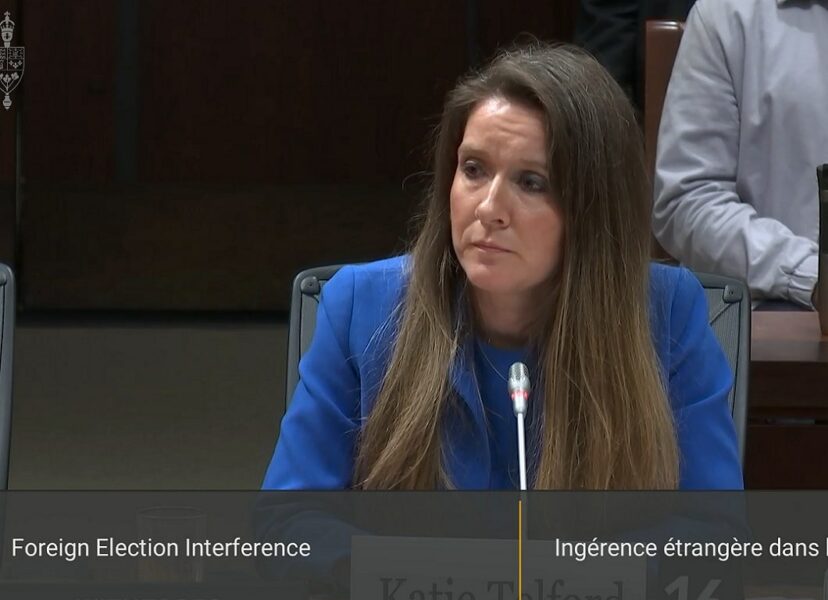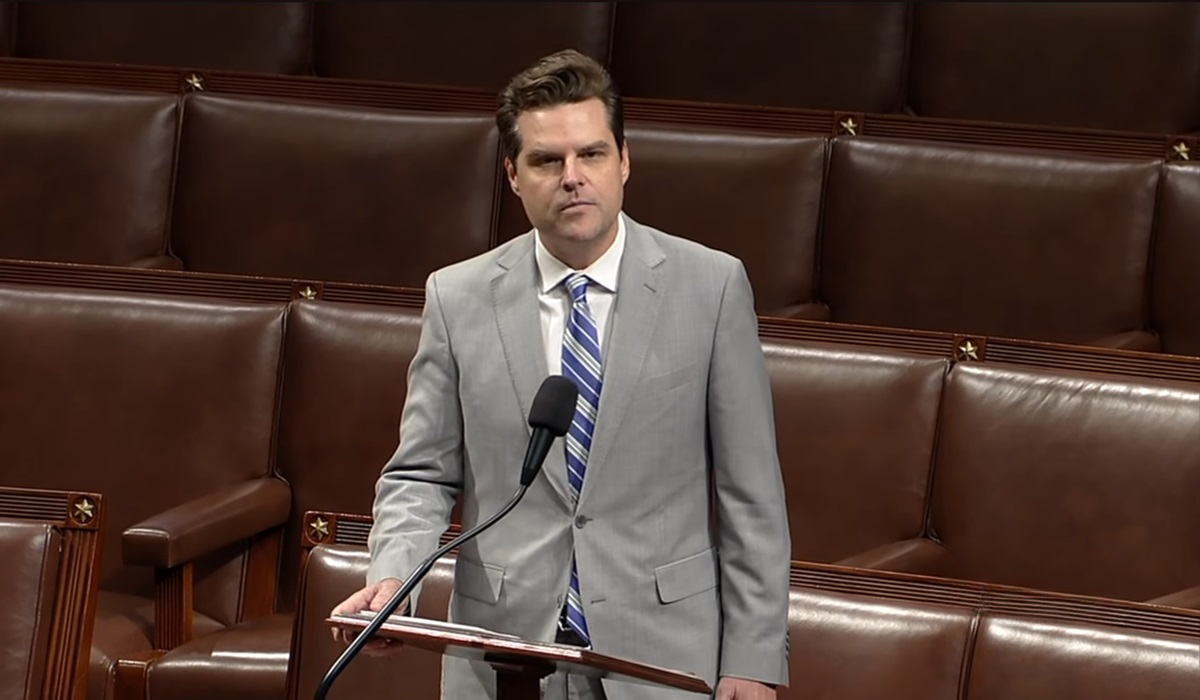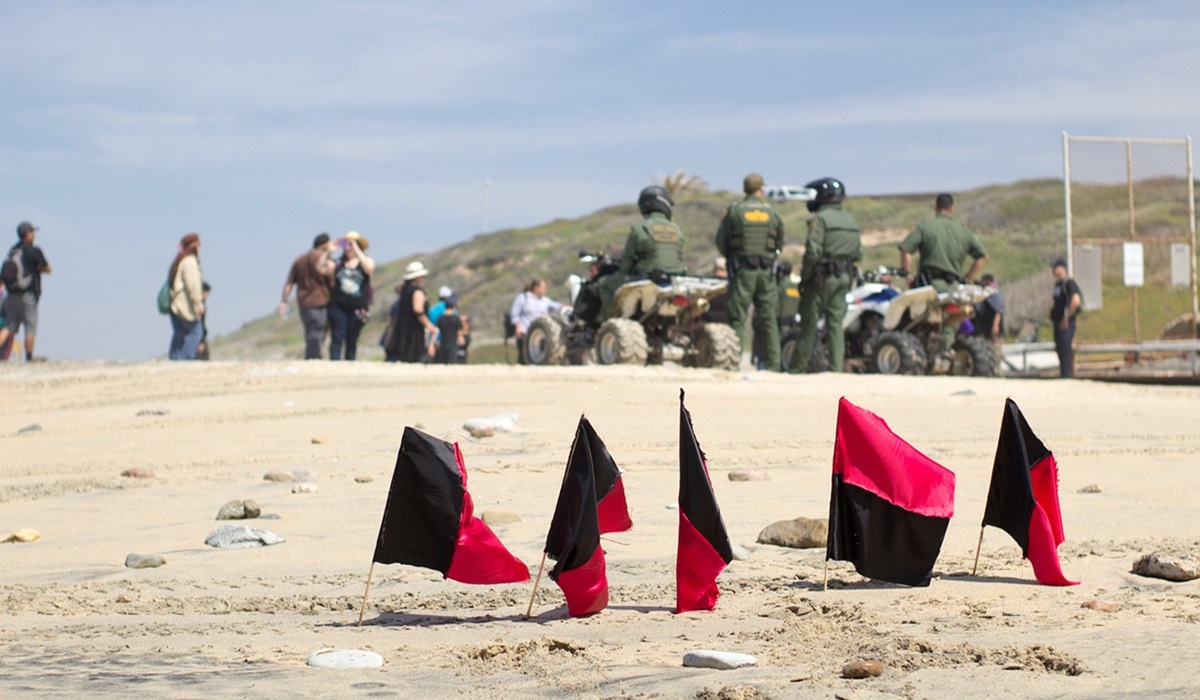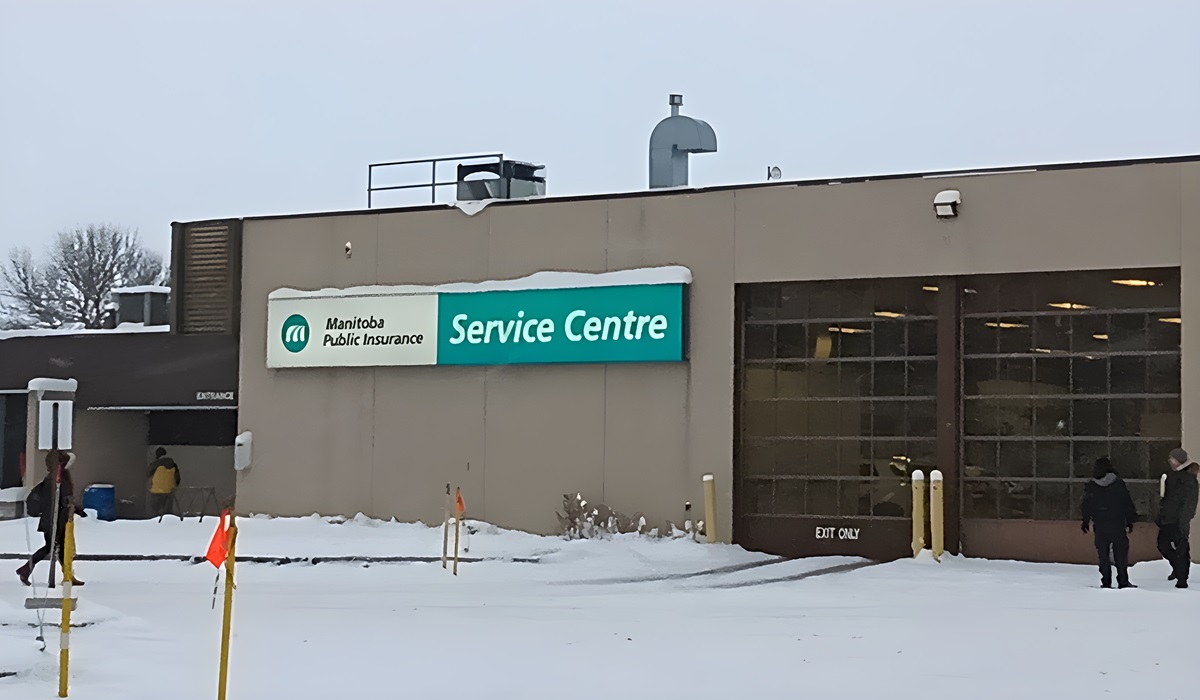The testimony of Prime Minister Trudeau’s Chief of Staff, Katie Telford, has brought to light the dangers of wedge politics and divisive rhetoric to Canada’s stable democracy. The opposition leader and right-wing echo chambers have created a narrative that the Prime Minister is untrustworthy and does not have Canadians’ best interests at heart. However, the reality is that Canada’s democracy is safe, and the government has repeatedly stated this fact.
Telford’s testimony before the parliamentary committee focused on allegations of Chinese interference in Canada’s elections. While all Canadians have the right to know if their elections are safe, it is concerning that the accusations against the government were not independently verified by the Members of Parliament making them. This lack of evidence and due process has become a worrying trend in Canadian politics, with blind accusations and conspiracy theories being spread about any elected official, candidate or entity without going through a legal process resulting a verdict of guilt.
The parliamentary hearing was unproductive, with the opposition party asking yes or no questions with sarcasm and vitriol that did not serve the public interest. Moreover, the hearing was used as a national audience to grandstand, with mainly grown men beating their chests and talking down to women or their female colleagues. This is not the kind of behaviour that should be acceptable in Canadian politics, and it is a waste of taxpayer dollars.
Furthermore, calling for an inquest after not getting the desired answers from a hearing is another political trope that wastes taxpayer dollars. For instance, Pollievre called for an inquest after the Prime Minister invoked the Emergencies Act when the illegal truck convoy laid siege to Ottawa and parts of the country for weeks, which cost the Canadian taxpayers $19 million. When the inquiry found it was necessary for the Prime Minister to use the Emergencies Act, he was unhappy with the results and dismissed it. This kind of behaviour is not conducive to a stable democracy and is a clear example of wedge politics.
Wedge politics is a strategy used by politicians to create a divide among different groups of people, whether based on race, religion, class, or other factors. The idea is to create a “wedge” between people who may have previously been united and use this division to gain power. It is a dangerous tactic because it can lead to a breakdown of trust and communication between groups, ultimately threatening the stability of the country. This is even more dangerous with the advent social media and the ability to reach those with malleable minds that can be used as vessels to enhance right wing propaganda.
In Canada, wedge politics has been on the rise, with some politicians using divisive rhetoric to create a divide between Canadians. The right wing often employs this tactic, which creates a narrative that the government is corrupt and cannot be trusted. However, this kind of rhetoric is also used by those on the left, which creates a narrative that the wealthy and corporations are responsible for all of Canada’s problems.
The problem with wedge politics is that it distracts from the real issues that affect Canadians. Instead of focusing on policies and solutions, politicians spend their time attacking each other and playing to their base. This kind of behaviour erodes trust in the government and leads to a feeling of disillusionment among the population.
Moreover, wedge politics can be a slippery slope. It starts with small differences between groups but can quickly escalate into more significant issues, leading to a breakdown in society. This is why it is essential to recognize the dangers of this kind of politics and to work towards building unity and trust among different groups of Canadians.
The Prime Minister and the government play a critical role in being good stewards upholding Canada’s democracy. They must act in a transparent, accountable, and fair way. This means holding themselves accountable for their actions, being honest about their intentions, and working towards solutions that benefit all Canadians.
It is also important to recognize that the government is not perfect and that it makes mistakes. However, this does not mean that the government is corrupt or untrustworthy. Instead, it means there is room for improvement, and Canadians must work together to hold the government accountable for their actions.
The current political climate is concerning, as it seems that we are heading down a path of American-style politics, where wedge politics and conspiracy theories take center stage. This type of political landscape is dangerous to our democracy, as it can lead to a breakdown of trust in our institutions and government. The desire for power can make people say and do anything to get the top job of Prime Minister, and this can lead to a lack of transparency and accountability.
As we reflect on the recent testimony of Prime Minister Trudeau’s Chief of Staff, Katie Telford, and what has led us to this point, it is important to step back and ask ourselves why we have allowed this kind of political discourse to take hold. It is essential to remind ourselves that the sky is not falling and that we should hold our government accountable when necessary, as they are responsible for shaping how Canadians perceive other nations.
It is crucial to recognize that the government plays a role in the wedge politics that are currently prevalent in our society. They are responsible for making deals with nations they deem to have questionable human rights records while blindly taking their money or continuing trades worth tens of billions annually. The government should not be pointing fingers at other nations for their alleged undemocratic behaviour when they themselves are complicit in similar actions.
As Canadians, we need to have faith in the institution while holding our government accountable for their actions. We must move away from wedge politics and focus on building trust and transparency within our institutions. We must work to create a political climate where we can have honest and open conversations about the issues that matter most to Canadians. By doing so, we can ensure that our democracy remains strong and that our government serves the best interests of all Canadians.









